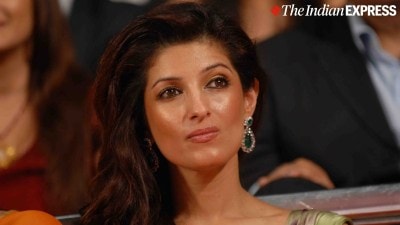Georgian chant
Once again the volatile George Fernandes finds himself talking at cross purposes. His blistering statement last week supporting the death pe...

Once again the volatile George Fernandes finds himself talking at cross purposes. His blistering statement last week supporting the death penalty for rapists neglects the analyses of numerous activists, NGOs and lawyers that such a sentence would only spur such criminality and lead to even greater violence against women.
But Fernandes, ever anxious to see justice done, is rather more reluctant to see justice being done in the case that has recently made him famous 8212; Tehelka. And wasn8217;t it just the other day that he had fulminated noisily in Parliament, after the Gujarat events, on the ordinariness of rape and how it didn8217;t really matter in the general scheme of things as rape was a routine, indeed a commonplace, occurrence during riots. Faced with the wrath of women8217;s activists, he refused to retract his statements.
Is this George, the People8217;s Minister? Is this George whose home functions as a dormitory for Burmese students and who, unlike any other defence minister before him, rides with his chauffeur in the front seat of his official car? Ignoring the protests of women and all those who wish to see the law on rape effectively reformed to secure greater justice for women, George had blundered along with fervent declarations, failing to realise the exact import of his words.
But then Fernandes is an incorrigible maverick. On the one hand, he journeys to the far reaches of Siachen to inquire about the health of the jawans. On the other, he is unable to manage relations with his chief of naval staff, the dismissed admiral Vishnu Bhagwat. On the one hand, he swears that he will never rejoin the government unless the Venkataswami Commission probing the Tehelka allegations clears his name. On the other, he agrees to return to the cabinet before the Commission has even finished its hearings. On the one hand, he swears by his constituency, Nalanda. On the other, he is reportedly weighing the pros and cons of moving base to Mangalore. Sometimes he speaks as leader of the Samata party, sometimes as defence minister and sometimes as the trade union leader of yore.
His dilemma is his inability to reconcile the lost glory of his days as a young anti-establishment hero with his present status as a venerable pillar of the government establishment.
- 01
- 02
- 03
- 04
- 05































